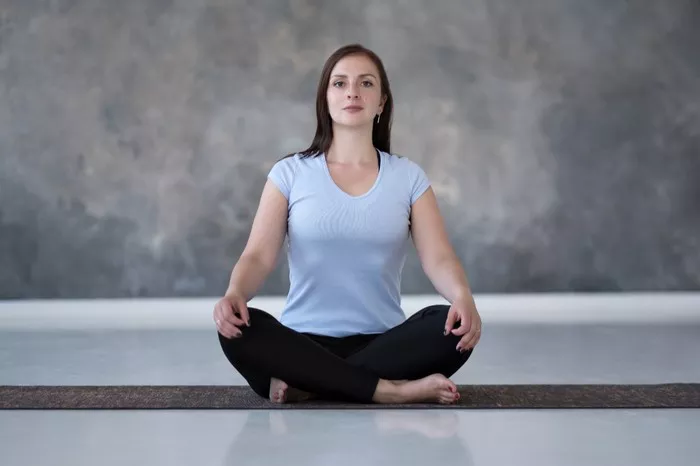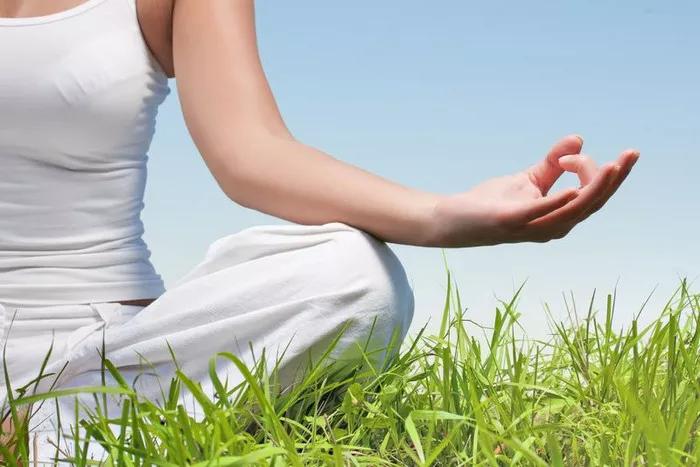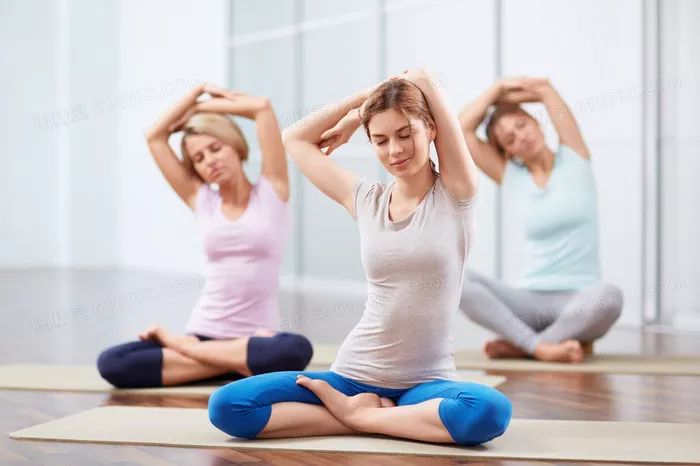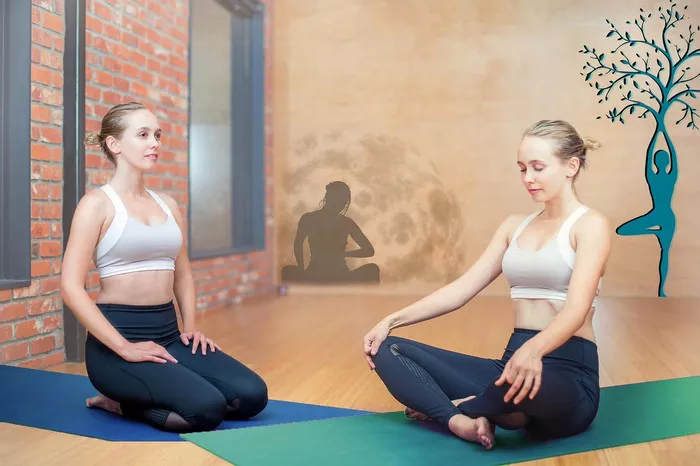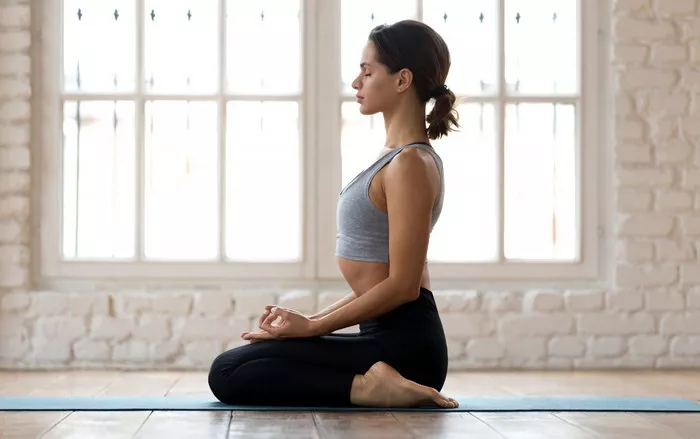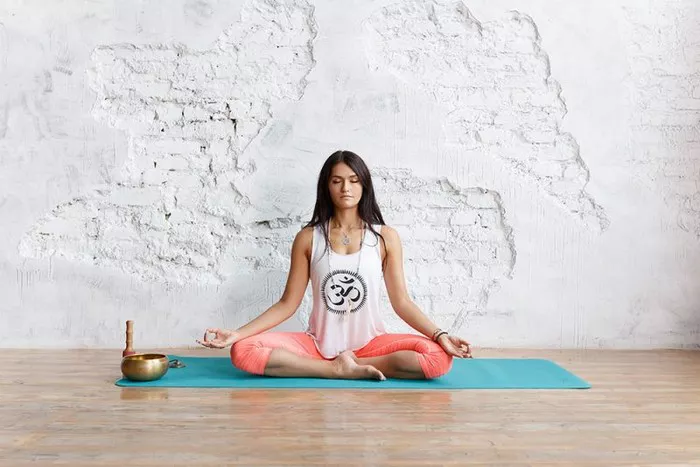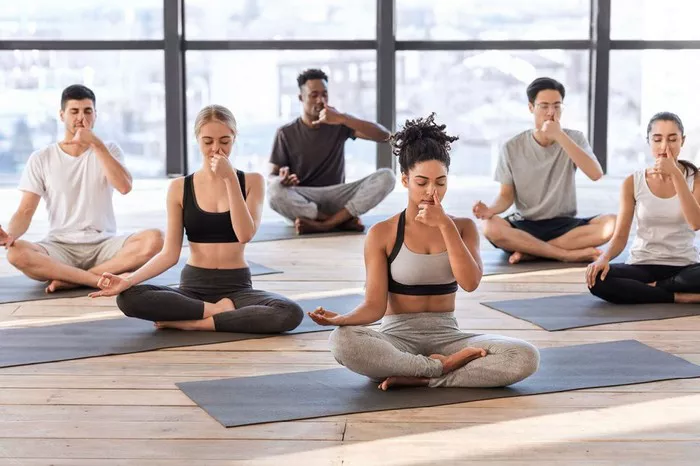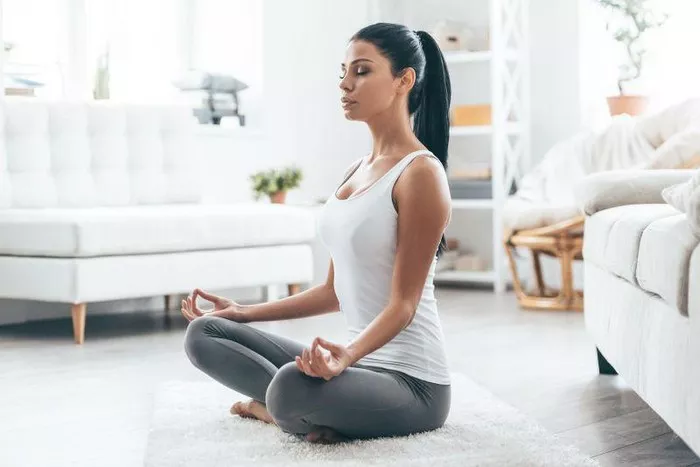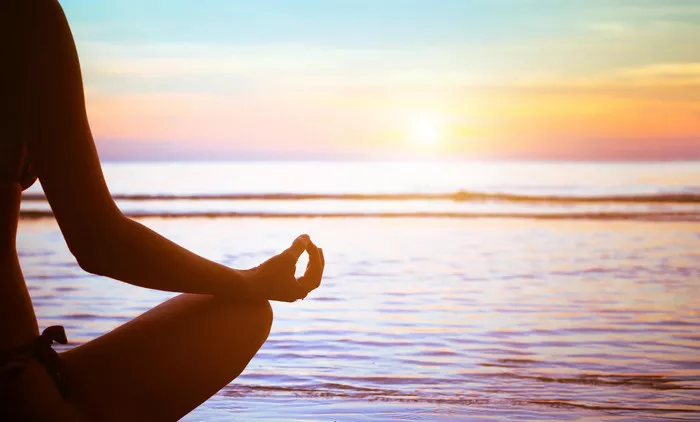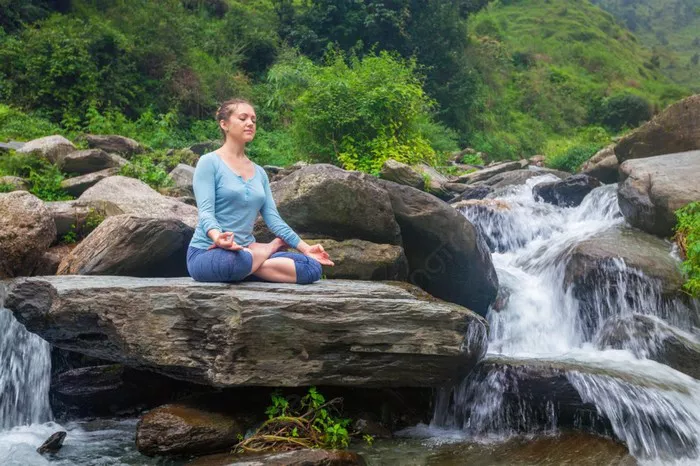Yoga is a holistic practice that unites the body, mind, and breath. Whether you are a beginner or an advanced practitioner, understanding how your body should feel after a yoga session is essential. The sensations you experience post-yoga can give you insight into how well your body is responding to your practice and whether adjustments are needed. A well-balanced yoga session should leave you feeling rejuvenated, relaxed, and more connected to yourself. However, different styles of yoga and individual physical conditions can influence these sensations.
A Sense of Relaxation and Calm
One of the most immediate effects of a well-rounded yoga session is a profound sense of relaxation. Yoga activates the parasympathetic nervous system, which is responsible for rest and digestion. This counteracts the body’s stress response, leading to reduced cortisol levels and a feeling of inner peace. You may feel mentally lighter, as if a weight has been lifted off your shoulders. If your yoga practice includes deep breathing exercises (pranayama) or meditation, this sense of tranquility is often even more pronounced.
Loosened and Stretched Muscles
Yoga involves a combination of stretching and strengthening postures, which means your muscles should feel gently lengthened and more flexible after a session. If you have done deep stretching poses such as Forward Fold (Uttanasana) or Pigeon Pose (Eka Pada Rajakapotasana), you may feel an increased range of motion in your hips, hamstrings, and shoulders. This sensation of openness and flexibility is one of the most rewarding aspects of regular yoga practice.
Improved Posture and Alignment
A well-structured yoga session brings awareness to your body’s alignment and helps correct imbalances. You may notice that you are standing taller with your shoulders pulled back naturally. Yoga encourages engagement of the core muscles, which supports the spine and promotes better posture. Over time, consistent practice can alleviate tension in areas that are prone to slouching, such as the lower back and neck.
Energized Yet Grounded
Yoga is unique in that it can be both energizing and grounding at the same time. Practices such as Vinyasa or Power Yoga can leave you feeling invigorated due to their dynamic flow and cardiovascular elements. On the other hand, slower practices such as Yin or Restorative Yoga help you feel more centered and calm. The balance of movement and stillness in yoga ensures that you feel both awake and at ease after your session.
Mild Soreness (But Not Pain)
It is common to experience mild soreness, especially if you are new to yoga or have tried a more intense session. Poses that engage the muscles deeply, such as Warrior II (Virabhadrasana II) or Chair Pose (Utkatasana), can create micro-tears in muscle fibers, leading to delayed onset muscle soreness (DOMS). However, this soreness should not be sharp or painful. If you experience significant discomfort, it may indicate that you pushed beyond your limits, and you should modify your practice next time.
Deeper and More Conscious Breathing
Pranayama (breathwork) is a fundamental part of yoga. After a session, you may notice that your breathing feels deeper and more natural. Conscious breathing techniques practiced during yoga help strengthen the respiratory system, improve lung capacity, and enhance oxygen flow to the brain and muscles. This, in turn, contributes to a feeling of overall well-being and clarity.
Increased Circulation and Warmth
Yoga stimulates blood flow, which improves circulation and can leave you feeling warm and revitalized. Inversions such as Downward Dog (Adho Mukha Svanasana) or Legs-Up-The-Wall Pose (Viparita Karani) encourage venous return, helping oxygen-rich blood reach different areas of the body. This improved circulation can result in a healthy glow and reduced feelings of cold extremities.
Mental Clarity and Focus
Many practitioners find that after yoga, their mind feels clearer and more focused. The combination of movement, breathwork, and mindfulness helps to quiet mental chatter and enhance concentration. This can improve productivity and decision-making throughout the day. If you often feel mentally scattered, a regular yoga practice can serve as a powerful tool for mental discipline and awareness.
Emotional Balance and Release
Yoga has a profound effect on emotional well-being. Some poses, especially heart-opening postures like Camel Pose (Ustrasana) or deep hip openers like Butterfly Pose (Baddha Konasana), can release stored emotions. You may feel lighter, more at peace, or even experience unexpected emotional release. This is a natural process as yoga helps to unblock energy channels and remove emotional tension held in the body.
Reduced Stiffness and Joint Discomfort
For those who suffer from stiffness or joint discomfort, yoga can provide relief. Gentle movements and controlled stretching improve synovial fluid production, which lubricates the joints and reduces stiffness. Postures such as Cat-Cow (Marjaryasana-Bitilasana) and Child’s Pose (Balasana) can be especially beneficial for alleviating back and joint discomfort.
What If You Feel Discomfort After Yoga?
While yoga should leave you feeling refreshed and balanced, it is important to listen to your body. If you experience sharp pain, excessive fatigue, or dizziness after practice, you may need to adjust your approach. Possible causes include:
Overexertion: Pushing beyond your flexibility or strength limits.
Improper Alignment: Poor posture in poses can cause strain on muscles and joints.
Dehydration: Not drinking enough water before or after yoga can lead to muscle cramps.
Skipping Savasana: Final relaxation is essential to integrate the benefits of the practice.
Conclusion
Your body should feel relaxed, open, and balanced after a yoga session. Whether you experience increased flexibility, improved posture, or mental clarity, these are all signs that your practice is benefiting you. Yoga is a deeply personal journey, and its effects will vary from person to person. The key is to listen to your body, respect its limits, and maintain a consistent practice. Over time, you will develop a deeper awareness of how yoga influences your physical and mental well-being, allowing you to refine and enhance your experience.
Related Topics:

